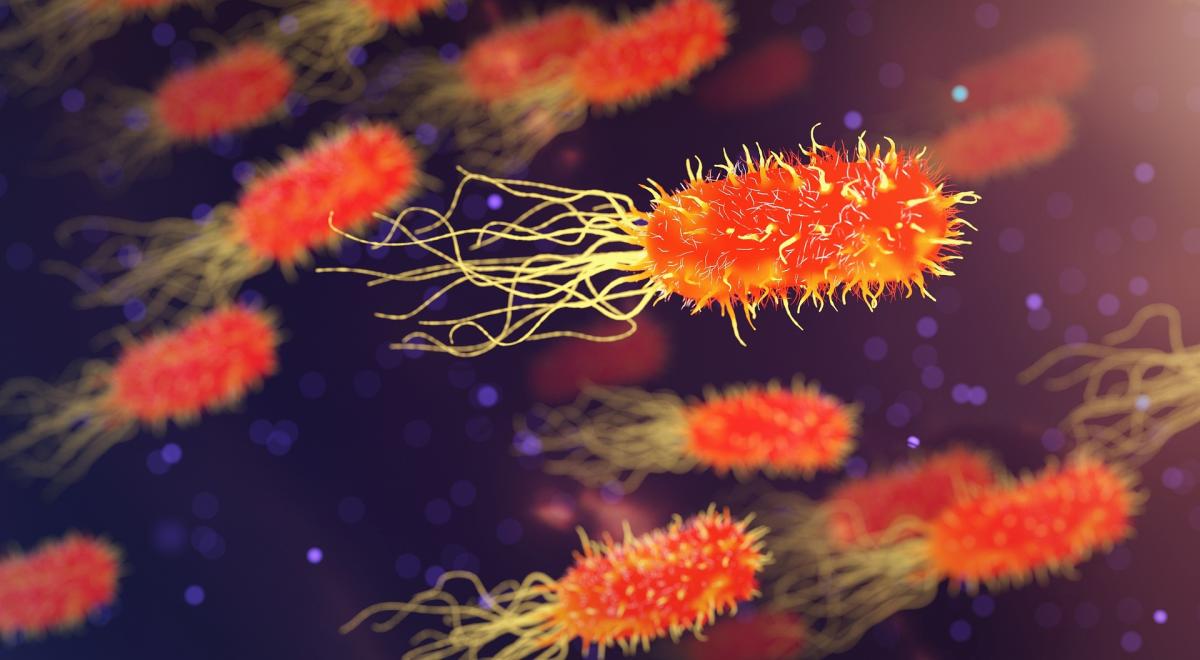The lesson helps students investigate the purpose of conductors and insulators in various practical applications. The first part of the lesson is to introduce vocabulary and explain its relationship
This lesson is simple lesson plan for 4th grade students. It will challenge students to investigate and demonstrate that electricity is a flow of electrons around the circuit. This lesson will be 50
In this lesson plan, students will be able to build a simple electric motor and study how simple changes affect the motor's rotation. They will learn how energy comes in many forms, and how electric
In this lesson plan, students will be able to investigate battery cells as they construct their own simple batteries: They will know that batteries are a common store of energy for many devices that
Students will be able to collaboratively build, and program a simple robot using Lego Spike Prime kits. Students will demonstrate basic skills in robotics and coding by successfully constructing their
By the end of this lesson, students will understand the unique adaptations of desert tortoises and the importance of conserving their habitat. Students also engineer a habitat for the desert tortoise.
In this lesson, students will learn about Wilson Bentley, the "farmer scientist" who pioneered photomicrography to photograph snowflakes and share them with the world. Students will then design and
Students will use science skills to engineer habitats for polar regions as they learn about the polar regions through hands on experiences.
Students in 4th grade learned about natural disasters through this interactive STEM lesson focused on the creation on a 'tsunami-proof' home. Students used the Engineering Design Process to create a
Launch into a fun activity! Students will be building a rocket, then blow into the straw inserted and watch how high their rocket flies. This fun activity can be done indoor or outdoor. Students can
Students will gain an appreciation of M.C. Escher's tessellation artwork and process and be inspired to create their own tessellation.This lesson combines math, art and technology by using an
This lesson introduces the students to the different types of pigments found in plants. At the same time, this lesson plans will also introduce the students to the basics of spectrophotometry
Students will read and respond to the story, Room on the Broom. Then students will work in small groups to create a sturdy pumpkin tower using pumpkin candies and popsicle sticks. Students will try to
Students will understand that humans can control their environment. Students will investigate the effects of different pruning methods on cherry tomato plant growth and fruit production.
How old is Earth? How big is 1 million years compared to 1 billion years? Students will use three models to organize geologic time and practice cross multiplication to solve for a variable.
This is a junior high lesson on plant grafting that can be done in a classroom setting or with an after-school club such as botany. This lesson can be easily modified for any grade level. In this
Students learn about the Colorado River watershed and the impact of water rights and usage. They will read about the past and present water flow data, build a model of the watershed, calculate data
Explore how cells can only be so big by studying how things move in and out of them, and discover why the size of a cell is connected to its surface area and volume.
Three day lesson on garbage, recycling, and composting. Day 1: Students are provided a garbage bag and no instruction on recycling. *Collect all of your disposable garbage for 24 hours. Bring it back
This is a hands-on, collaborative lesson that allows the students to include art and presentation skills in the project. The students research various aspects of a selected planet and then presents
This lesson, is one to make your students taste buds jump for joy as they get to create their very own edible eyeball cookie. This is a great STEM lesson to use when learning about the parts and
Students will go through the process of counting pumpkin seeds and analyzing data through mean, median and mode as well as creating correlating graphs. Students will learn what causes fruit
In this lesson, students will extract chlorophyll from spinach leaves and make different concentrations following the dilution method. Students will learn to compare the absorbance values obtained at
Students will create a Google slideshow presentation to document their progress through the engineering design process, which includes: researching the science of sound, then creating an instrument
Featured Lesson Plans
Check out these notable lesson plans.

Planarian Regeneration

A Very Hungry Robot: Lesson 2

Students will gain knowledge about Arizona's geography, culture, and history through the book "Santa is Coming to Arizona." Students will develop basic programming and problem-solving skills by
